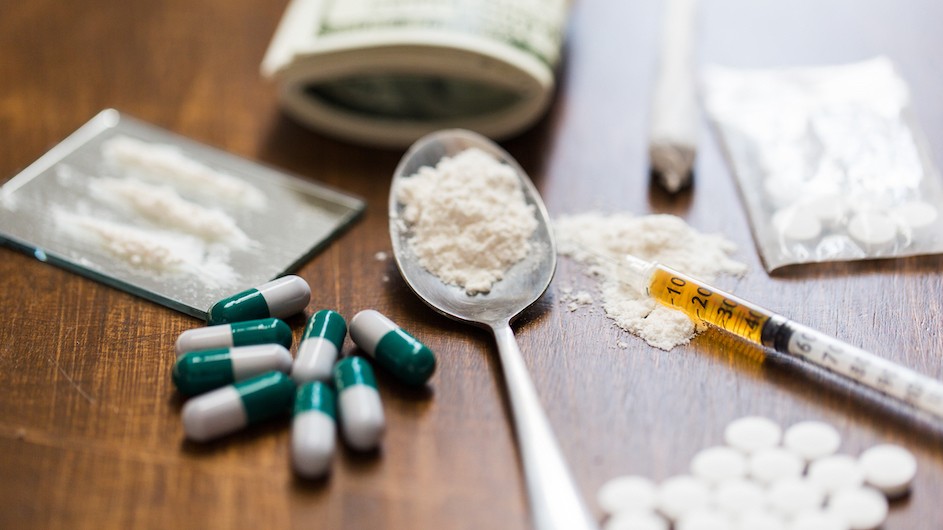
Substance abuse is the persistent use of drugs despite substantial harm and adverse consequences. Substance use interferes with day to day function. It can occur with prescription or non-prescription drugs.
The burden of drug abuse is high in Nigeria. According to the 2018 UNODC report, 1 in 7 persons between ages 15 to 64 years had used a drug in the past year. Also, 1 in 5 individuals who had used drug is suffering from drug related disorders. Among every 4 drug users in Nigeria, 1 is a woman. This trend rises daily.
Attached below is an article from Jonathan Avery MD and Joseph Avery , JD about substance use, the stigma and society.
‘Heeding the Distress Signals in Modern Addiction
“The truth is that ‘high-functioning’ addictions may not stay that way.”
Posted December 19, 2021 Wes Reviewed by Gary Drevitch
For nearly a decade, I lived two lives. In the one visible to the outside world, I helped pioneer some of Silicon Valley’s leading tech companies. The other secretive, darker life had me slipping away from those fancy tech offices to procure drugs that I could quickly snort—attempting to simultaneously numb and pump myself up for my next presentation.
On one hand, I knew something was very wrong. Yet externally, I was able to “perform” at work, and was often even praised for my high output. In order to optimize my productivity, I’d treat my body like a chemistry lab: Uppers to plow through work, benzos, and opiates to take the edge off, and booze and even heavier downers for sleep at night.
At the time, I thought of myself as a biohacking space explorer, but the reality is that I was trapped inside a prison of my own making. As much as I desperately wanted to escape the withdrawals and down tremors that accompanied my addiction, I was petrified of what others would think of my “moral failing” if they learned I was addicted to drugs. This predicament prevented me from seeking treatment for over six years. I was addicted to the lifestyle that kept me addicted to drugs.
Eventually, like countless other people addicted to drugs, the drugs stopped working and I was no longer able to “function.” I lost everything along the way, from jobs, money, and health, to relationships.
Today, addiction is more pervasive than it’s ever been.
This data is a tragic representation of individual and collective pain. It is an ominous reflection of a culture so distressed and hollow that citizens would rather numb themselves with quick chemical fixes than actually participate.
Part of the reason I publicly share my story is to expand our understanding of what I call “modern addiction.” The bitter truth is that “high-functioning” addictions will not stay that way for long. What might start as an amphetamine bathroom break or post-work beer ritual can eventually engulf all aspects of life, harming everyone around you.
THE BASICS
Moreover, I’ve come to understand that even the term “high-functioning” to describe some individuals with addiction—a phrase I used to personally align with—has its limitations. Its true definition describes troubled individuals who are still capable of producing economic gains for an unforgiving materialistic society.
Bridging the gap created by “modern addiction” by leveraging technology as a force for good is of profound interest to me. While our pandemic world presents challenges for those with addiction who are prone to isolation, digital tools also allow us new ways to connect with each other.
In a twist of fate a younger version of myself would have balked at, today I work in the addiction space as a writer, community builder, and coach. Writing about my addiction has been a tremendously healing practice, which is why I founded Deep Fix, a digital community comprised of individuals in recovery of all backgrounds.
Addiction and the Need for Effortless Soothing
I’ve learned that when we can lead with our vulnerabilities, it opens a doorway for others to do the same. I have been blown away by the number of people who reach out to me with similar stories of modern addiction, from abusing ADHD medication to nerve-shattering workaholism. Each story we share brings us closer together.
